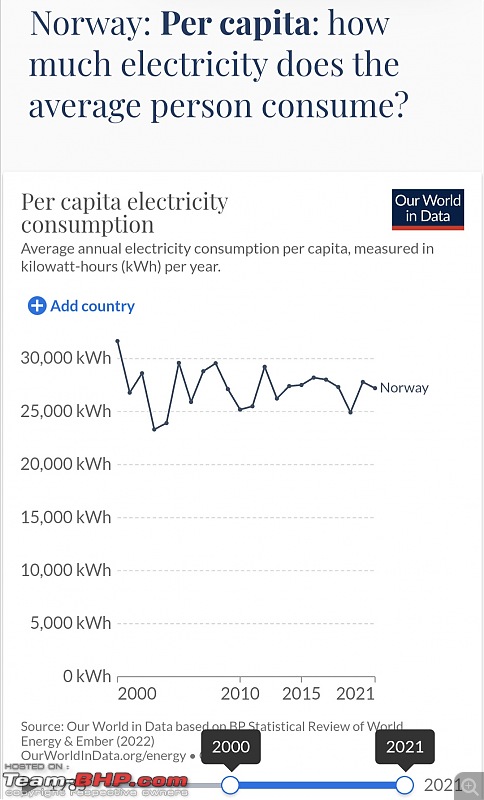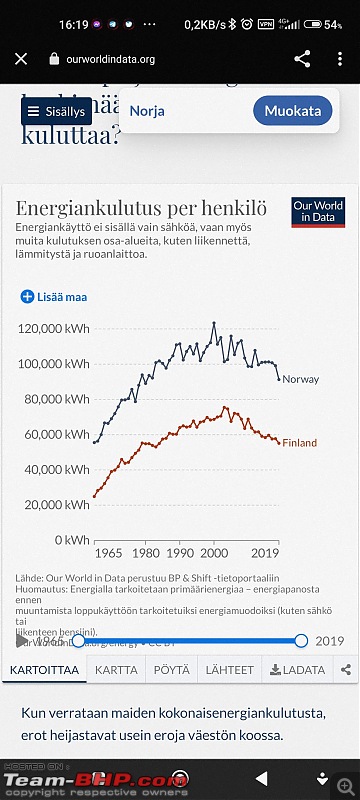Quote:
Originally Posted by SmartCat  Question No.1:
|
The emissions are chugging along because
1. The world economy is growing as well. It grew at 3.4% last year as per IMF data. We as humans are consuming more and more. Small example - Car sales numbers in India have just been on a rise since the pandemic.
2. CO2 emissions don't only come from electricity production. They also come from manufacturing or simple thing like livestock farming or production of fossil fuels.
3. China and India are polluting more because they became the manufacturing hubs for the west. And they don't have as much capital to invest into green energy as the advanced economies like US, UK, Europe etc.
Quote:
Originally Posted by SmartCat  Question No. 2: |
China and India have world's 4th and 5th largest coal reserves in the world. Hence they have relied on coal as the primary source of power since last 100 years. The solar panel cost, demand and supply gap, lack of energy storage options are some of the factors which play against solar plants today.
But the things are changing -
1. In a first of firsts in the last 4 months (the peak power usage months), Rajasthan saw a de-growth of energy produced by fossil fuels. 34TWH electricity produced by fossil fuels, 1.6% lesser YoY. At the same time 27 TWH was produced by renewable sources a YoY growth of 28%
Source -
Economic Times (Today's article).
2. India’s first large scale Solar PV cum Battery Energy Storage project was implemented in 2020. Source -
L&T Construction. There are many more BESS projects in pipeline or implemented - Example
1,
2,
3
In summary, everything has an inflection point. First coal power plant in India was implemented in 1920 where as first solar power plant was implemented in 2012. Solar implementation has had only 11 years to overtake coal and it is happening. The issue is we are expecting an 100 years worth of impact in nearly 1/10th of time.
Quote:
Originally Posted by SmartCat  Question No. 3: |
Battery energy storage solutions (BESS) is the answer for this and it is getting implemented. I gave examples above. Also, in addition to this micro level solar implementations (roof top solar) need to get much higher traction than what is happening today specially in large residential societies or commercial establishments.
Quote:
Originally Posted by SmartCat  Question No. 4: |
There are clear cut processes of recycling batteries, solar panels and wind turbines. As the grids get cleaner, the process of recycling will also get cleaner.
Quote:
Originally Posted by SmartCat  Question No. 5:
|
In railways, we replaced all steam powered engines with diesel engines and then with electric engines. We planned to import as much diesel to support diesel engines and then to produce as much electricity to support electric engines. Have you ever heard that a train got stuck because there was not enough electricity? Yes, there may be breakdowns but never a power cut. Necessity is the mother of all inventions. As the need arises there will be someone present to capitalize on the opportunity and provide a solution.
Quote:
Originally Posted by SmartCat  While reading up on renewable energy and CO2 emissions, I did some number crunching and things don't seem to add up.
|
Finally my two cents on the topic. There is one thought process, i always try to instill in my teams. That is rather than wasting time on thinking how something is not possible, spend time on thinking how i can make this possible. Asking questions, raising concerns is good but finding solutions to a problem is the key to success.
While your analysis raised some pertinent questions about the "green" implementation and its future but it didn't divulge on what is need to make the "green" dream a success. It is always easy to ask questions, it is 100 times more difficult to provide solutions. Forums as big as teambhp with the amount of reach should be pioneers in bringing thought leadership to the industry rather than just raising questions leaving it to others to find answers.
To give some examples on how we can make community impact
1. A lot of BHPians live in residential societies or have businesses, members can try and push these societies or businesses to implement roof top solar. Even pioneer some BESS initiatives like trying to replace some level of diesel gensets with batteries.
2. Our forum can conduct talks on sustainability and how it can be implemented in the automotive world.
Final thought - We the current generation need to take important steps so that our future generations see a better tomorrow. Green energy is the stepping stone to a better tomorrow and we need to make it a success

 (25)
Thanks
(25)
Thanks

 (23)
Thanks
(23)
Thanks

 (22)
Thanks
(22)
Thanks

 (16)
Thanks
(16)
Thanks

 (19)
Thanks
(19)
Thanks
 (18)
Thanks
(18)
Thanks
 (11)
Thanks
(11)
Thanks

 (7)
Thanks
(7)
Thanks

 (1)
Thanks
(1)
Thanks
 (2)
Thanks
(2)
Thanks
 (11)
Thanks
(11)
Thanks
 (1)
Thanks
(1)
Thanks
 (1)
Thanks
(1)
Thanks




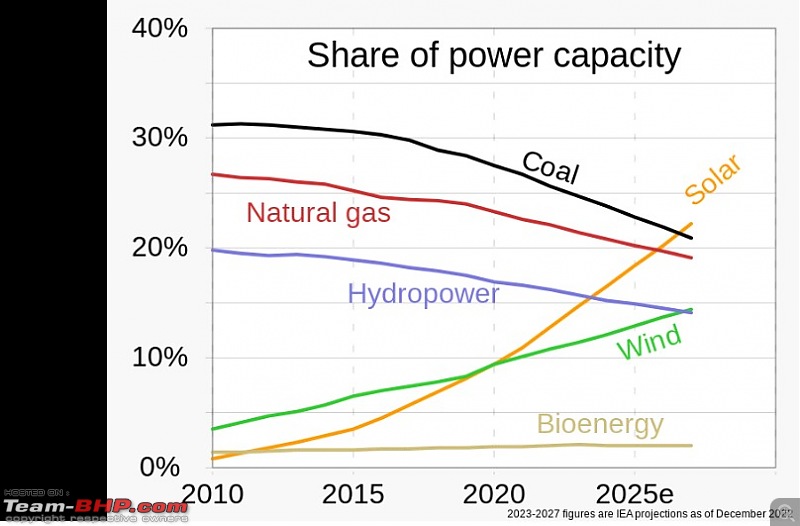
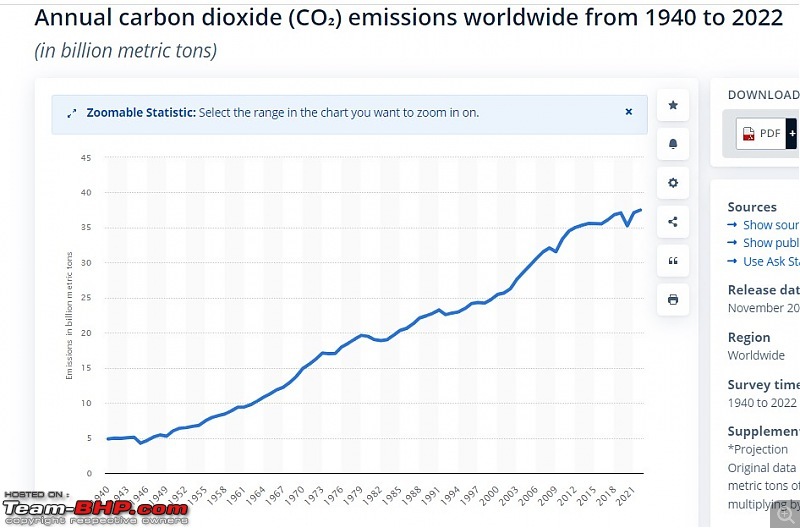

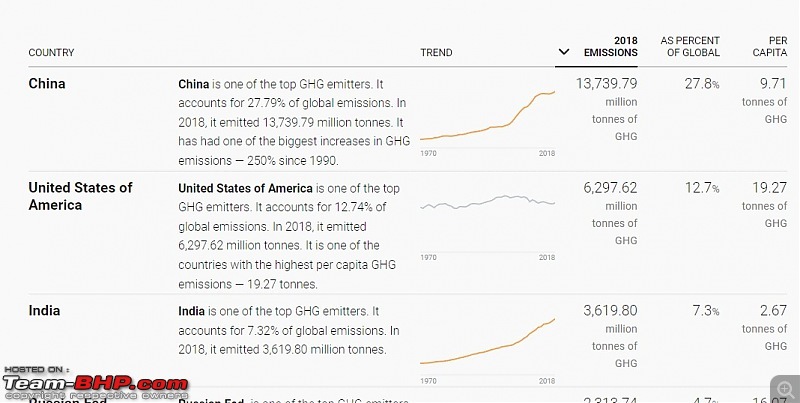
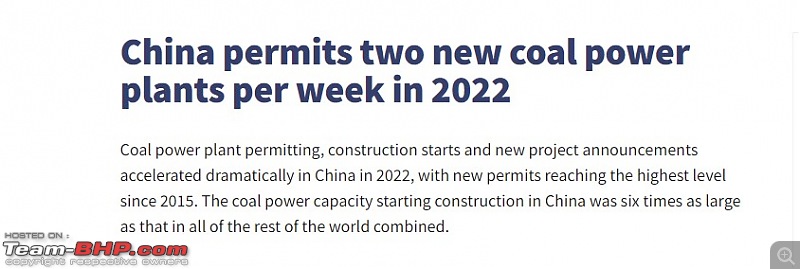
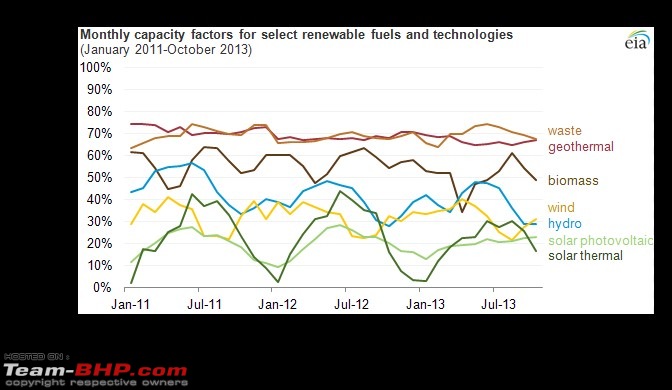


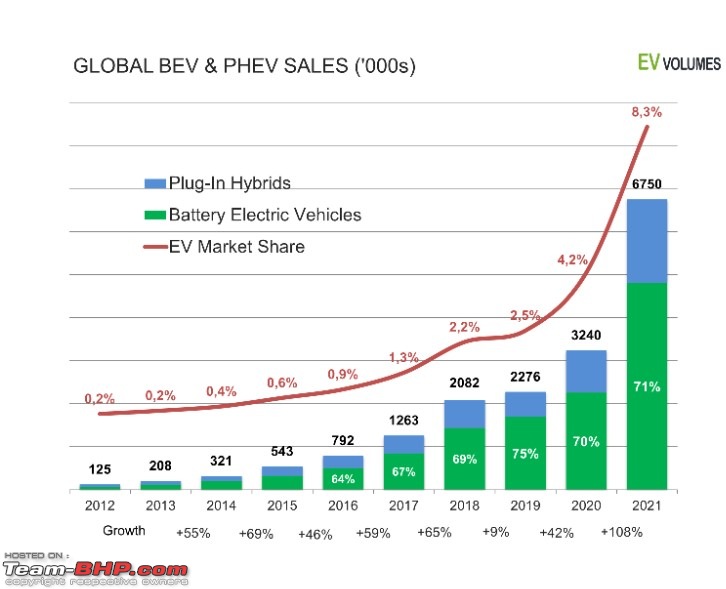

 .
. 

